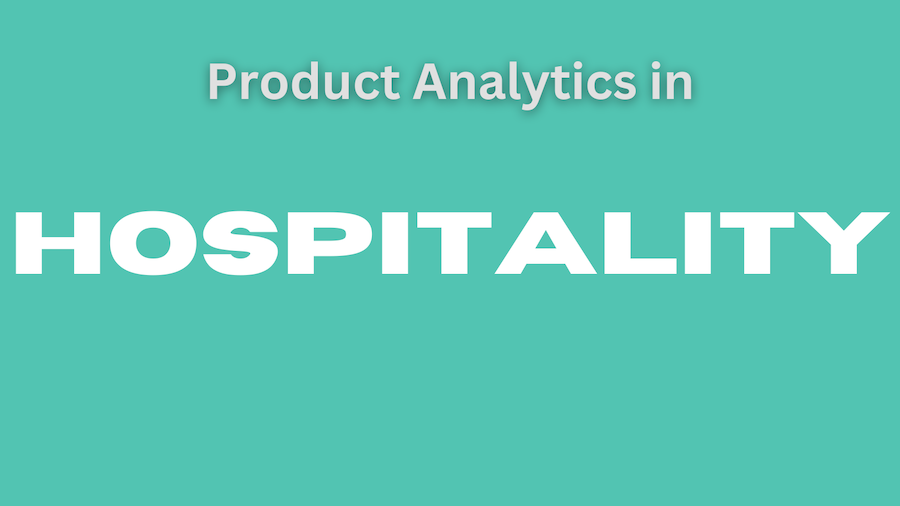In the hospitality industry, product analytics are revolutionizing how hotels and resorts operate. They aim to elevate the guest experience, optimize occupancy rates, and refine pricing strategies. By leveraging data-driven insights, hospitality businesses can better understand their guests’ preferences and behaviors, enabling them to deliver personalized and exceptional service.
The guest experience is at the heart of the hospitality industry, and analytics provide valuable insights into guest feedback and preferences. By analyzing data from guest reviews, surveys, and social media, hotels can identify trends and patterns that indicate areas for improvement. For instance, if guests frequently mention long check-in times or issues with room cleanliness, the hotel can address these concerns promptly. Additionally, understanding individual guest preferences, such as preferred room types or amenities, allows hotels to tailor their offerings and create a more personalized experience. This level of personalization not only enhances guest satisfaction but also fosters loyalty and repeat business. Hotels can also use analytics to create targeted marketing campaigns, reaching out to guests with personalized offers and promotions that align with their interests and past behaviors.
Occupancy rates are another critical area where analytics make a significant impact. By analyzing data on booking patterns, seasonal trends, and market demand, hotels can optimize their room allocation and pricing strategies. Predictive analytics can forecast periods of high and low demand, allowing hotels to adjust their rates dynamically to maximize revenue. For example, hotels can increase prices during peak seasons to capitalize on high demand while offering discounts or special packages during off-peak periods to attract more guests. This data-driven approach ensures that hotels maintain high occupancy rates throughout the year, enhancing their profitability.
Pricing strategies are refined through competitive pricing data, market trends, and customer willingness to pay. By continuously monitoring and analyzing this data, hotels can adjust their pricing in real-time to remain competitive and attract guests. For instance, if a nearby hotel offers a discount on weekend stays, the hotel can respond by offering a similar promotion or highlighting additional amenities that justify a higher price. Additionally, understanding guests’ price sensitivity and preferences allows hotels to create tiered pricing structures catering to different market segments. This approach ensures that hotels can attract a broad range of guests, from budget-conscious travelers to those seeking luxury experiences.
Beyond these core areas, product analytics also support strategic decision-making in the hospitality industry. Hotels can develop long-term strategies that align with industry developments and guest expectations by analyzing market trends, competitor performance, and customer demographics. For instance, analytics can help identify emerging trends, such as the growing demand for eco-friendly accommodations or wellness-focused amenities. Hotels can invest in the right areas and differentiate themselves in a competitive market by staying ahead of these trends.
Integrating product analytics in the hospitality industry is driving significant improvements in guest experience, occupancy rates, and pricing strategies. By leveraging data-driven insights, hotels can enhance operational efficiency, reduce costs, and deliver superior service to their guests. This transformative approach is boosting guest satisfaction and paving the way for innovation and continuous improvement in the industry. As the hospitality landscape continues to evolve, the strategic use of analytics will remain critical in achieving long-term success and competitiveness.


